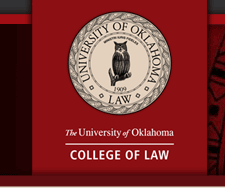Abstract
With its plenary power doctrine, the Supreme Court erred by rejecting the universal in favor of the particular. Liberal immigration theorists, on the other hand, make the opposite error by rejecting the particular in favor of the universal. Drawing on classic international law publicists and the Catholic philosophical tradition, this essay argues that the two concepts—the state’s greater duty toward its own citizens (the particular) and equal dignity and worth of all human beings (the universal)—go hand in hand: complementing each other and giving the state a qualified right to limit immigration along with a qualified duty to admit vulnerable émigrés.
Recommended Citation
Michael Scaperlanda, Scalia’s Short Reply to 125 Years of Plenary Power, 68 OKLA. L. REV. 119 (2015)
